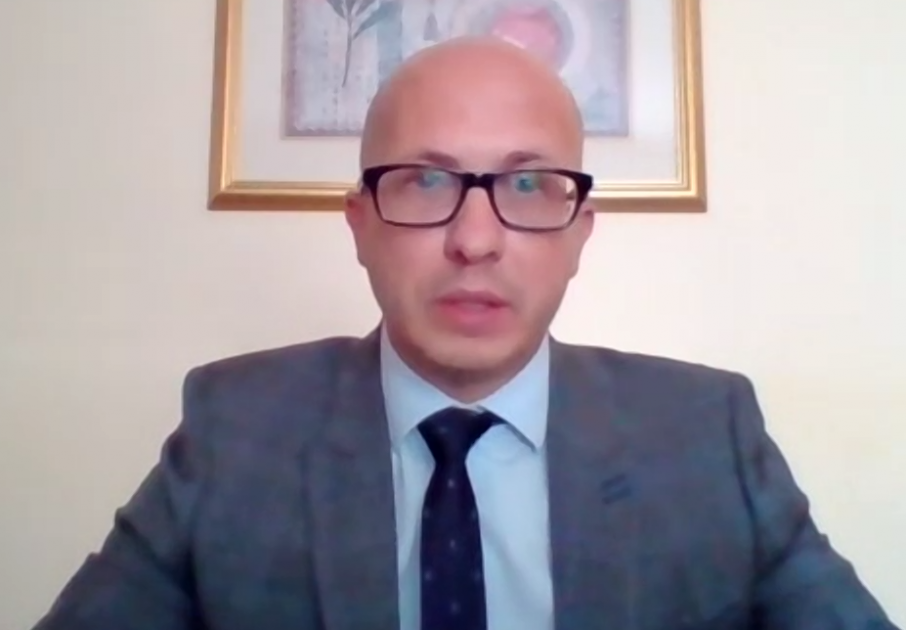Statement by representative of the Russian Federation Evgeny Varganov at the ECOSOC high-level segment, session «Strengthening ECOSOC at its 75th anniversary for sustainable and resilient recovery from the COVID-19 and advancing the 2030 Agenda»
Mr. Chair,
The Russian Federation has been a permanent member of ECOSOC since its foundation. We consistently support its activities and advocate for strengthening its central coordinating role as the statutory body of the UN system for effective implementation of the socio-economic agenda for the benefit of all Member States.
One of the key areas of the Council's work is the development of effective recipes for addressing socio-economic challenges and assistance mobilization to countries in special situation in the interests of their development. We consider it important that while implementing its programs ECOSOC should continue to be guided by the national priorities and development strategies of countries in special situation. We support the regional dimension in the ECOSOC activities through its five regional economic commissions, of two of which the Russian Federation is an effective member.
We urge the Council to play a key role in developing successful solutions for recovery from the pandemic. After all, progress in achieving SDGs is at stake. It is important to work together to ensure that vaccines are world-wide produced and distributed. It is necessary to create conditions for helping countries in need in all regions.
Russia has developed and launched production of a number of vaccines against COVID-19. The very first vaccine that has already proven its effectiveness - "Sputnik V" - is now registered in 67 countries, covering 40% of the world's population. We supply vaccines to more than 40 countries and have signed additional 20 localization contracts.
Mr. Chair,
Other important challenges in our mutual cooperation within the framework of ECOSOC are ensuring the growth of the well-being of citizens, decent work and wages for economically active population, expanding social support for vulnerable groups, increasing labor productivity, improving quality of goods and services provided, facilitating access to them, equitable distribution of technologies, building sustainable infrastructure, including in the area of healthcare.
Mr. Chair,
In order to achieve sustainable development, it is important to maintain balanced progress in achievements of all three pillars of ECOSOC activities: social, economic and environmental. Protection of environment and climate actions should take into account as much as possible existing capabilities of Member States and should not be implemented at the expense of socio-economic development.
The Russian Federation is an active participant of international efforts on mitigation of the consequences of climate change. We have adopted a Federal Law to limit greenhouse gas emissions. In accordance with the Presidential Decree, by 2030 we have committed to limit greenhouse gas emissions by 70% comparing with those in 1990. The draft low-carbon development strategy until 2050 is being finalized. Important work is underway in the area of economic circularity, within the framework of which, by 2030, it is planned to achieve 100% sorting of municipal solid waste. By 2025, it is planned to create 25, and by 2030 - 70 eco-technological parks.
Our industrial enterprises are switching to use of the best available technologies, ensuring the introduction of resource conservation, non-waste technologies and the gradual modernization of production.
We continue to support international development efforts. Before the pandemic, in 2019, our official development assistance amounted to about USD 1.23 billion.
Mr. Chair,
In conclusion, we would like to note that for effective implementation of the Council's agenda, it is also important to ensure participation in its fora and conferences not only of Member States’ officials, but also of a wide range of other stakeholders engaged in sustainable development, namely international experts, representatives of private sector, academia, and local authorities.
Thank you.
